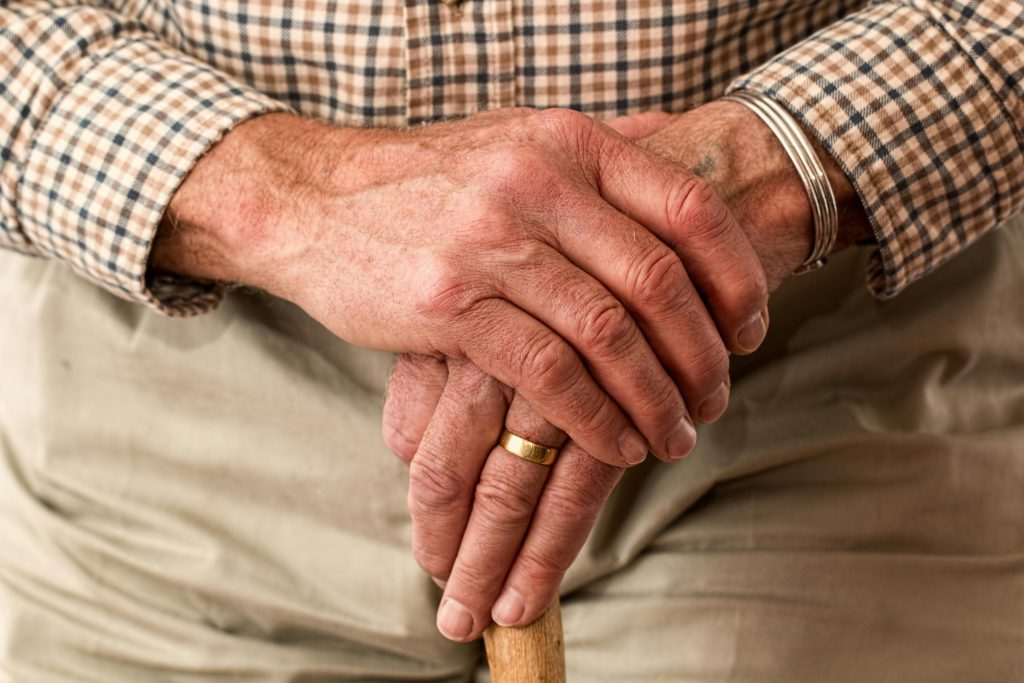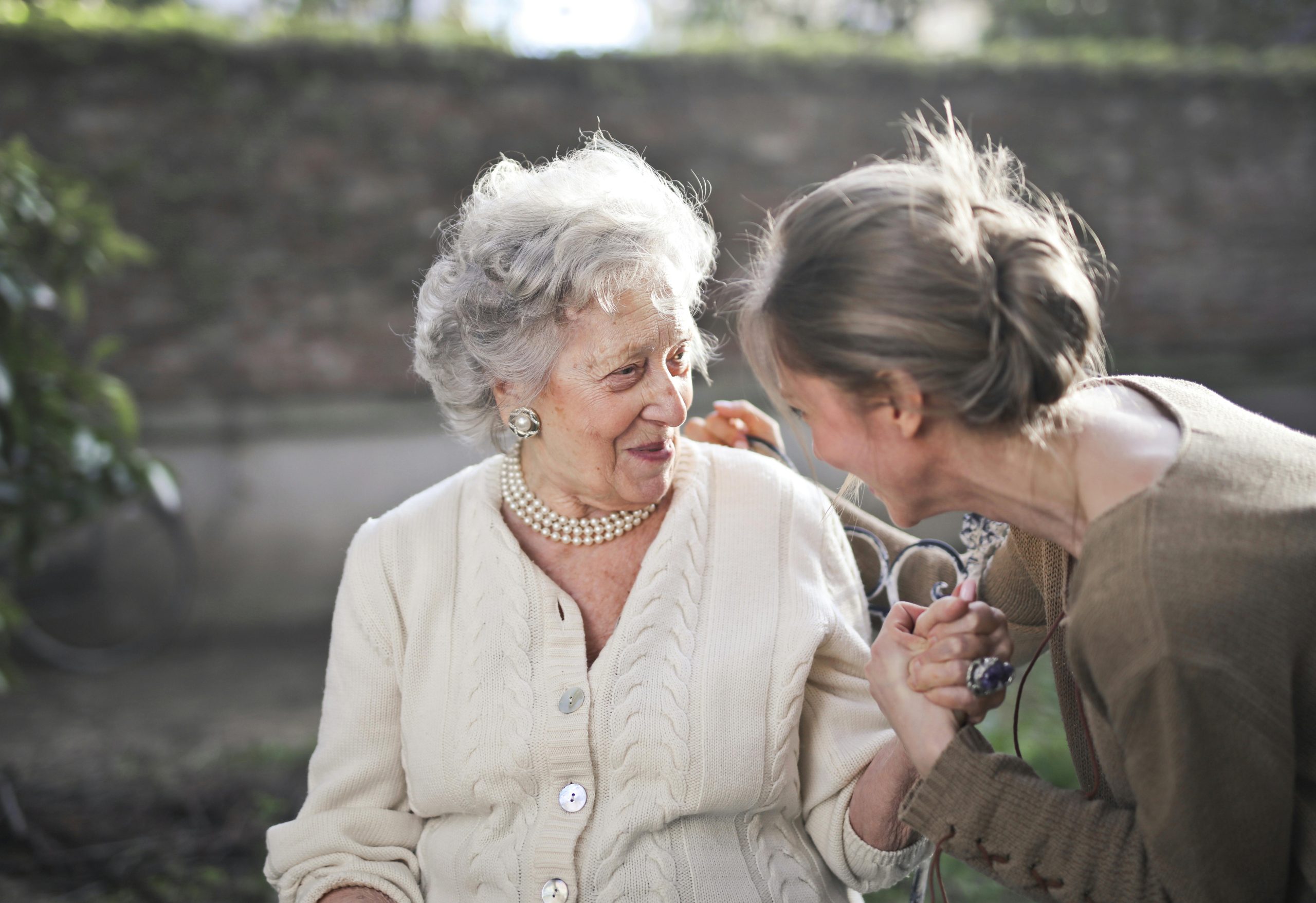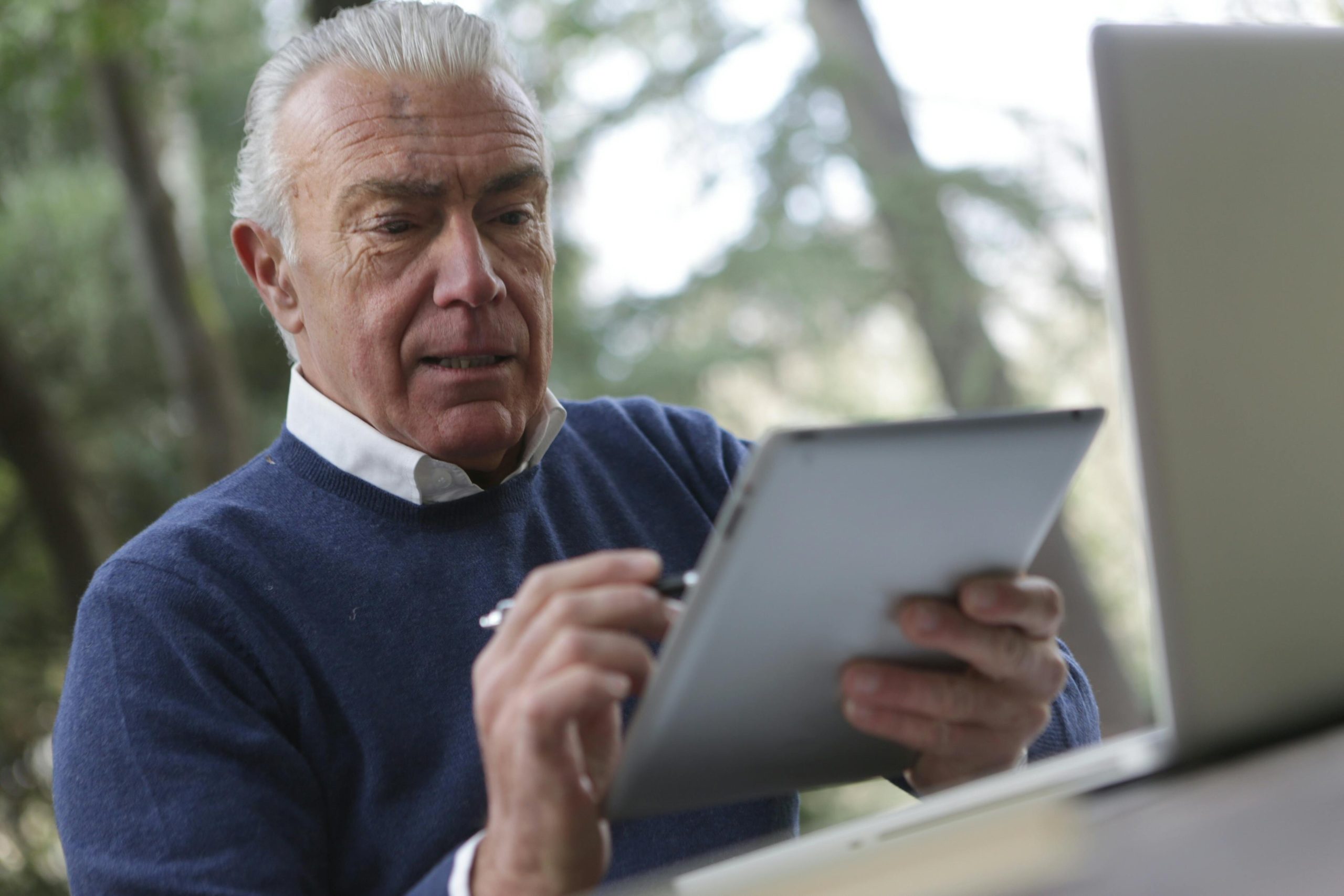Falls are a leading cause of injury and mortality among seniors, often resulting in fractures, head injuries, and loss of independence. However, many falls are preventable with proactive safety measures and awareness. In this article, we’ll explore safety tips for seniors to prevent falls and injuries both at home and outdoors, promoting their well-being and independence.

- Conducting a Home Safety Assessment:
- Encourage seniors to conduct a thorough assessment of their home environment to identify potential fall hazards, such as loose rugs, uneven flooring, clutter, poor lighting, and slippery surfaces.
- Provide guidance on making necessary modifications, such as installing grab bars in bathrooms, securing rugs with non-slip pads, and improving lighting in dimly lit areas.
- Creating Safe Pathways:
- Recommend clearing pathways and removing obstacles to create safe and unobstructed walking spaces both indoors and outdoors.
- Encourage seniors to remove clutter, electrical cords, and furniture from walkways to reduce tripping hazards and improve mobility.
- Using Assistive Devices:
- Emphasize the importance of using assistive devices such as canes, walkers, or mobility aids to provide stability and support during daily activities.
- Encourage seniors to use these devices consistently and properly, and ensure they are fitted correctly to their height and comfort.
- Installing Handrails and Grab Bars:
- Advise seniors to install handrails and grab bars in key areas of the home, such as staircases, hallways, and bathrooms, to provide additional support and stability.
- Recommend professional installation to ensure proper placement and secure attachment to walls and surfaces.
- Wearing Appropriate Footwear:
- Stress the importance of wearing supportive and well-fitting footwear with non-slip soles to reduce the risk of slips, trips, and falls.
- Encourage seniors to avoid wearing high heels, loose slippers, or worn-out shoes that may increase the risk of accidents.
- Being Mindful of Outdoor Hazards:
- Educate seniors about potential outdoor hazards such as uneven sidewalks, slippery surfaces, and poorly lit pathways.
- Encourage seniors to be cautious when navigating outdoor environments, especially in inclement weather conditions, and to use handrails or walking aids as needed.
- Staying Active and Maintaining Strength:
- Highlight the importance of staying active and maintaining strength and balance through regular exercise and physical activity.
- Encourage seniors to participate in activities that promote muscle strength, flexibility, and coordination, such as walking, tai chi, yoga, or strength training.
- Seeking Regular Eye Exams:
- Emphasize the importance of regular eye exams and maintaining good vision for preventing falls and accidents.
- Encourage seniors to schedule routine eye check-ups with an optometrist or ophthalmologist to address any vision changes or concerns.
- Being Aware of Medication Side Effects:
- Discuss the potential side effects of medications, such as dizziness, drowsiness, or lightheadedness, that may increase the risk of falls.
- Encourage seniors to review their medications with their healthcare provider regularly and to report any adverse effects promptly.
- Having Emergency Plans in Place:
- Advise seniors to have emergency plans in place in case of a fall or injury, including knowing how to call for help and having access to emergency contact information.
- Recommend wearing a medical alert device or pendant that can quickly summon assistance in case of an emergency.
Preventing falls and injuries is essential for maintaining the health, safety, and independence of seniors. By following these safety tips both at home and outdoors, seniors can reduce their risk of falls and accidents, promoting their well-being and quality of life. With proactive measures and awareness, seniors can enjoy greater confidence, mobility, and independence as they age.












